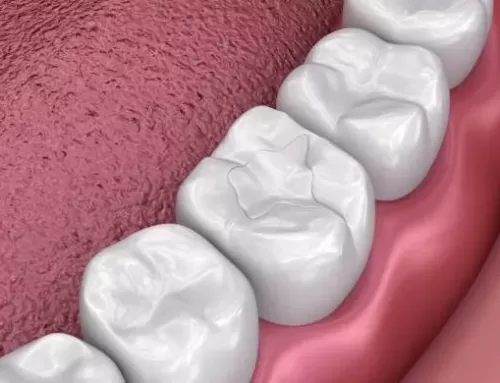Oral Health and Development: A Dentist’s Role
Dentists may seem to be a small part of your child’s health, but they can actually play a significant role. Far from only teaching children how to brush and floss, and checking for cavities, dentists can help children learn how to support their oral health.
Dentists are also tasked with checking for signs and symptoms of unhealthy development and cancer. Although oral cancer is not common in childhood, other infections such as thrush and dental caries are.
A simple white bump on your child’s gums might not seem problematic but can signal a cause for concern for dentists. Dentists can bridge the gap between children and parents to make sure children maintain ideal oral health.
What exactly do pediatric dentists do?
Teaching Oral Hygiene
Dentists may offer authority that parents often do not have. Much in the same way teachers can more effectively deliver education than parents can, dentists may be seen by children as a stronger authority than their parents. As a result, children who see dentists regularly may be more inclined to adhere to teeth-brushing schedules and directives.
Dentists can teach oral hygiene in a number of ways. Dentists can demonstrate how to use toothbrushes properly, use plaque-disclosing tablets to help children see where their brushing needs to improve and help children understand how their teeth develop from infancy.
Keeping an Eye on Development
Oral development involves far more than just teeth. While tooth decay is certainly a concern for children, their parents, and dentists, jaw and arch development, breathing, and swallowing are also of concern. A child’s jaw can influence how well they are able to chew and swallow food and how effectively they are able to breathe.
3 Ways Dentists Play a Role in Children’s Health
While dentists are often seen as kindly adults dispensing toothbrushes, they do far more than that. Dentists play an integral role in a child’s health and development. Regular dental appointments are essential to prevent or treat dental decay and ward off poor oral health.
#1 Maintaining Space and Supporting Growth
Space can be of prime concern to dentists, as children’s jaws have continued to decrease in size and space in the past century. When children lose their teeth, it can be prudent to install a spacer to make sure there is adequate room for adult teeth.
Dentists can also support growth by addressing nutrition concerns, referring families to orthodontic specialists, and encouraging children to develop healthy habits.
#2 Treating Infection and Decay
The most well-known role of a dentist is that of treating infection and decay. Dentists can do this from a preventative perspective and a treatment perspective. Using sealants and fluoride washes, dentists can help protect against cavities and damage. When a cavity has already developed, pediatric dentists can drill and fill the area to prevent additional decay.
#3 Supporting Health and Confidence
Pediatric dentistry is important to instill health and confidence in children. Good oral health is vital to support mental and physical health, and helping children learn healthy oral hygiene early on in life can set them up for success in adulthood.






